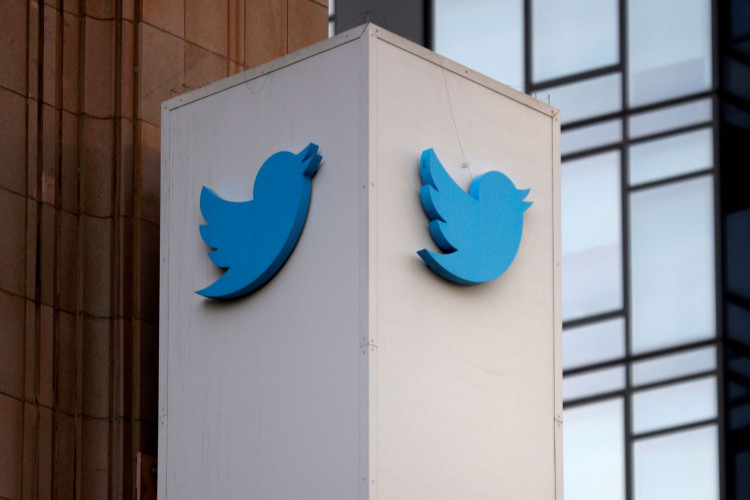On July 25, media sources reported that Twitter, now rebranded as "X," is offering new incentives for certain ad formats in the United States and the United Kingdom to lure advertisers back to the Musk-owned platform.
Emails from 'X' to advertisers revealed that the company started offering discounts on video ad pricing for some advertisers this week. These video ads are displayed alongside the list of trending topics in X's "Explore" tab. These ads ensure the advertiser's promoted terms remain at the top of the site's trending topic list for 24 hours.
Moreover, until July 31, any new reservations for certain ad formats could enjoy a 50% discount. The aim of these discounts, X claimed, was to enhance the impact of advertisers on Twitter during key moments, such as the Women's World Cup.
Advertisers are also cautioned by 'X' that from August 7, accounts that haven't spent at least $1,000 on ads in the past 30 days, or $6,000 in the past 180 days, will lose their gold badge indicating brand verification.
A majority of the company's revenue is derived from advertising, but it's been difficult to secure new ad commitments under Musk's management. This is partly due to concerns about Musk's governance and content review methods. As the economy stagnates, the advertising industry in the United States is also languishing, and several media companies have begun offering discounts to advertisers.
Earlier this month, Musk announced on Twitter that the company's ad revenue had declined by about 50%, and the cash flow was negative. Musk suggested that the company might soon see a positive cash flow. Twitter had been losing money for several consecutive years before Musk's acquisition and had incurred billions of dollars in debt during the takeover process.
This isn't the first time the platform has tried to boost revenue by offering ad discounts. Earlier this year, the company provided numerous ad incentives surrounding the Super Bowl, which is usually the biggest source of Twitter's ad revenue.
Some advertisers have expressed concerns about collaborating with Twitter. On July 1, the company limited the number of posts users could read on Twitter, a move Musk said was designed to prevent other companies from scraping data from the platform. The company said the change was temporary and soon relaxed the restriction after its implementation.






